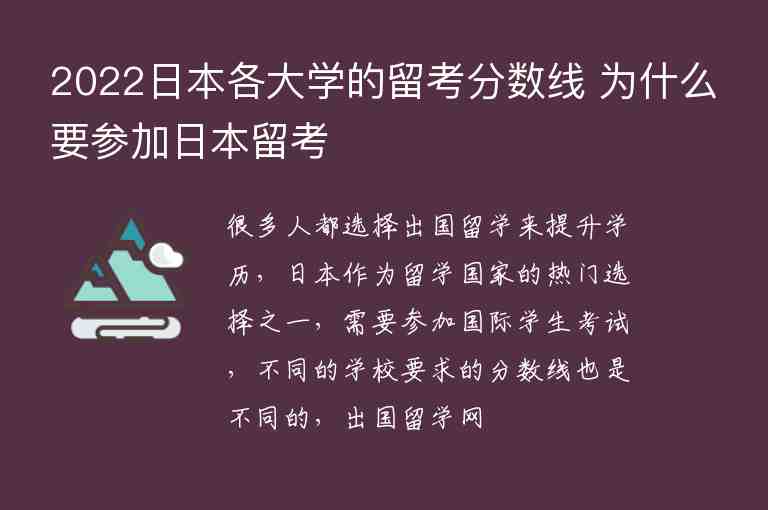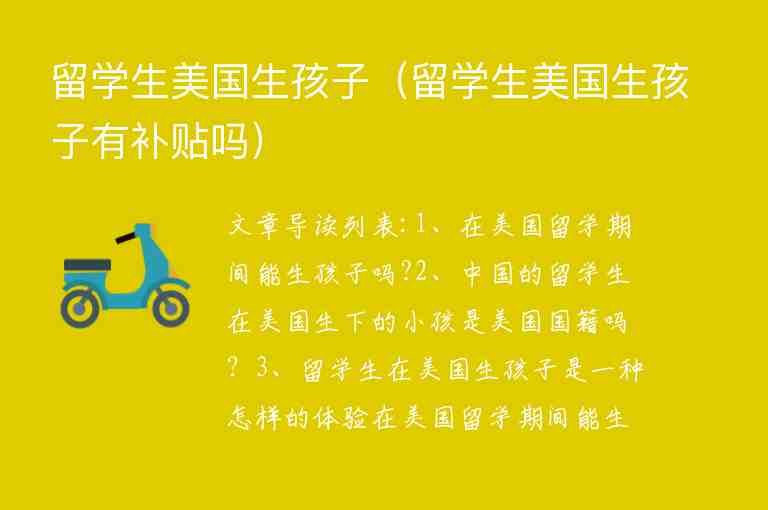他者的意思是指除了自身以外的其他人或事物,也可以指代与自己不同的人或群体。在哲学和社会学中,他者也被用来描述个体与社会之间的关系。
How to pronounce: [ˈðɛdər]
用法:
1. 作为名词,指代除了自己以外的其他人或事物。
2. 在哲学和社会学中,指代个体与社会之间的关系。
例句:
1. The needs of the other should also be considered in this decision.
在这个决定中,也应该考虑到他者的需求。
2. He always puts himself before others, never considering the feelings of the other.
他总是把自己放在第一位,从不考虑他者的感受。
3. In order to understand the other, we must first try to understand ourselves.
为了理解他者,我们必须先尝试理解自己。
4. The concept of "the other" is often used in postcolonial studies to discuss power dynamics between different cultures.
“他者”的概念经常被用于后殖义研究中来讨论不同文化之间的权力动态。
5. She felt like an outsider among her colleagues, always being seen as the other.
她觉得自己在同事中总是被视为异类。
同义词及用法:
1. 另一方/另一个人 (another)
2. 异己 (alien)
3. 对立面 (opposite)
4. 陌生人 (stranger)
5. 他人 (others)
编辑总结:
在日常生活中,我们经常会遇到他者这个概念,它可以指代与自己不同的人或群体,也可以用来描述个体与社会之间的关系。了解这个概念能够帮助我们更好地理解自己和他人,促进不同文化之间的交流和理解。同时,在写作时使用“the other”这个词汇也能够使文章更加严谨和精准。


